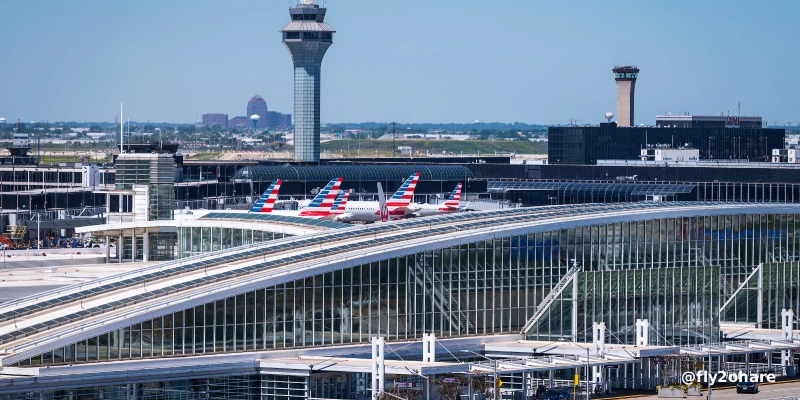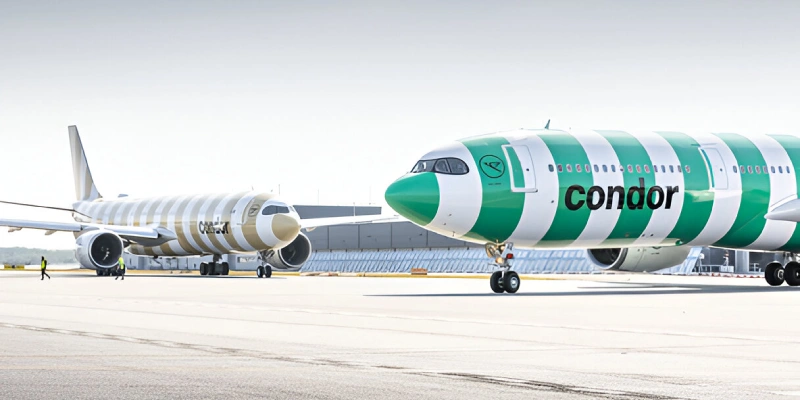Wizz Air, the Hungarian low-cost airline, has announced its definitive withdrawal from Abu Dhabi. The decision marks the end of an ambitious expansion attempt in the Middle East, which, after nearly two years of geopolitical instability, has become unsustainable.
Farewell to a Regional Dream: What Happened in Abu Dhabi
Six years ago, Wizz Air bet on Abu Dhabi as a strategic base to grow in the Middle Eastern market. Its plan included significant investment and future expansion into destinations like India and Pakistan. However, that vision collapsed due to two key factors: the effects of regional conflict and an adverse operating environment.
The company explained that recent airspace closures and constant traffic disruptions, resulting from the political situation in the region, have plummeted flight demand, making profitability in this business unit unviable.
Additionally, according to CEO József Váradi, the low-cost model failed to adapt to Abu Dhabi’s environment. High temperatures and harsh weather caused accelerated engine wear, reducing operational efficiency. This was compounded by the lack of promised access to key markets like India and Pakistan, severely limiting growth opportunities.
→ Wizz Air Reports Sharp Drop in Annual Profits Due to Grounded Aircraft
Returning Home: Wizz Air Refocuses on Eastern Europe
Váradi confirmed that the airline will double down on its focus on Central and Eastern Europe, markets it knows well and where it competes directly with Ryanair, Europe’s largest low-cost operator.
“We’re going back to our bread and butter,” the executive told Reuters. “We’ve been underinvesting in this region over the past few years. Now we can return to fully exploiting that market.”
Currently, nearly two-thirds of Wizz Air’s business comes from this region. Other relevant markets, such as the UK, Italy, and Austria, collectively account for almost 30%, while Abu Dhabi represented just 5% of the total.
A Future with 280 New Aircraft and Without Abu Dhabi
Despite the closure in the United Arab Emirates, the company’s growth plan remains on track. Wizz Air has orders for 280 Airbus aircraft over the next five years, with most of these new planes to be deployed in Eastern Europe.
According to Váradi, the airline has sufficient passenger demand to absorb this increased capacity, regardless of whether Ukraine fully reopens to air traffic.
Market Impact and Engine Issues
The announcement had a moderately positive market impact: Wizz Air’s shares, listed in London, rose 2.6% the morning after the news. Even so, the stock has fallen 62% over the past two years, primarily affected by technical issues with Pratt & Whitney’s GTF engines, which forced part of its fleet to remain grounded.
What Will Happen to Flights in Abu Dhabi?
Wizz Air’s local operation in the UAE capital, managed jointly with Abu Dhabi Developmental Holding Company, will cease entirely in September. This closes a chapter that began with high hopes and ended under the weight of geopolitical and operational realities.
Related Topics
Staged Restart of Operations Announced at Gulf Hubs Amid Mass Flight Cancellations
Middle East Airport Crisis: Infrastructure Attacks, Massive Operational Disruption, and Thousands of Travelers Stranded
FAA Proposes Flight Reductions at Chicago O’Hare to Avert Summer Operational Collapse
Condor to Move Operations to Frankfurt Airport’s New Terminal 3 in 2027

Plataforma Informativa de Aviación Comercial con 13 años de trayectoria.




